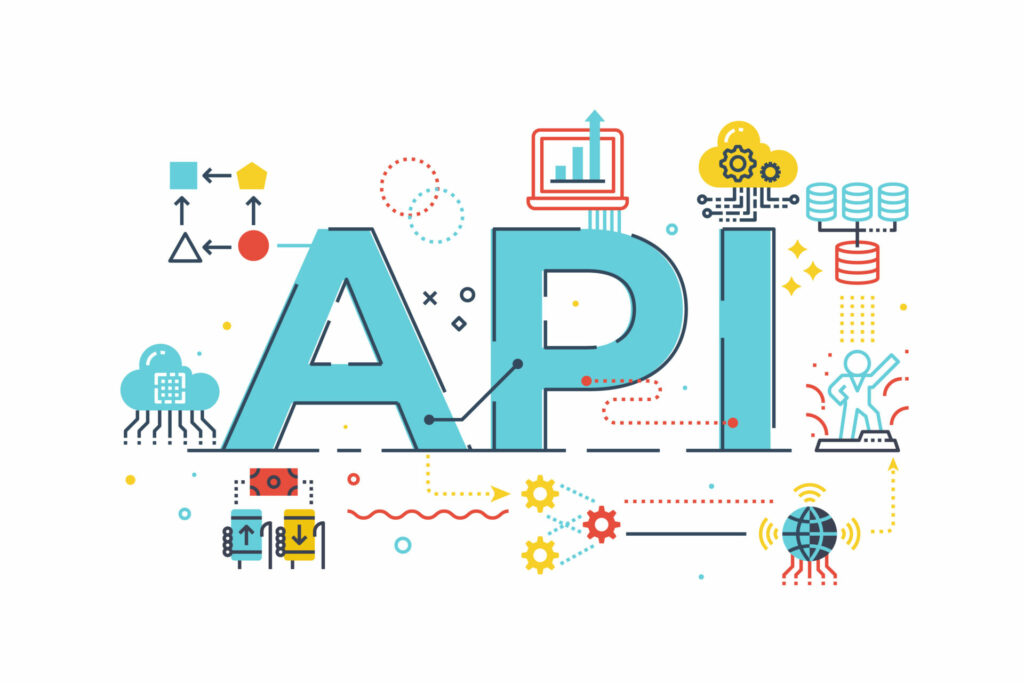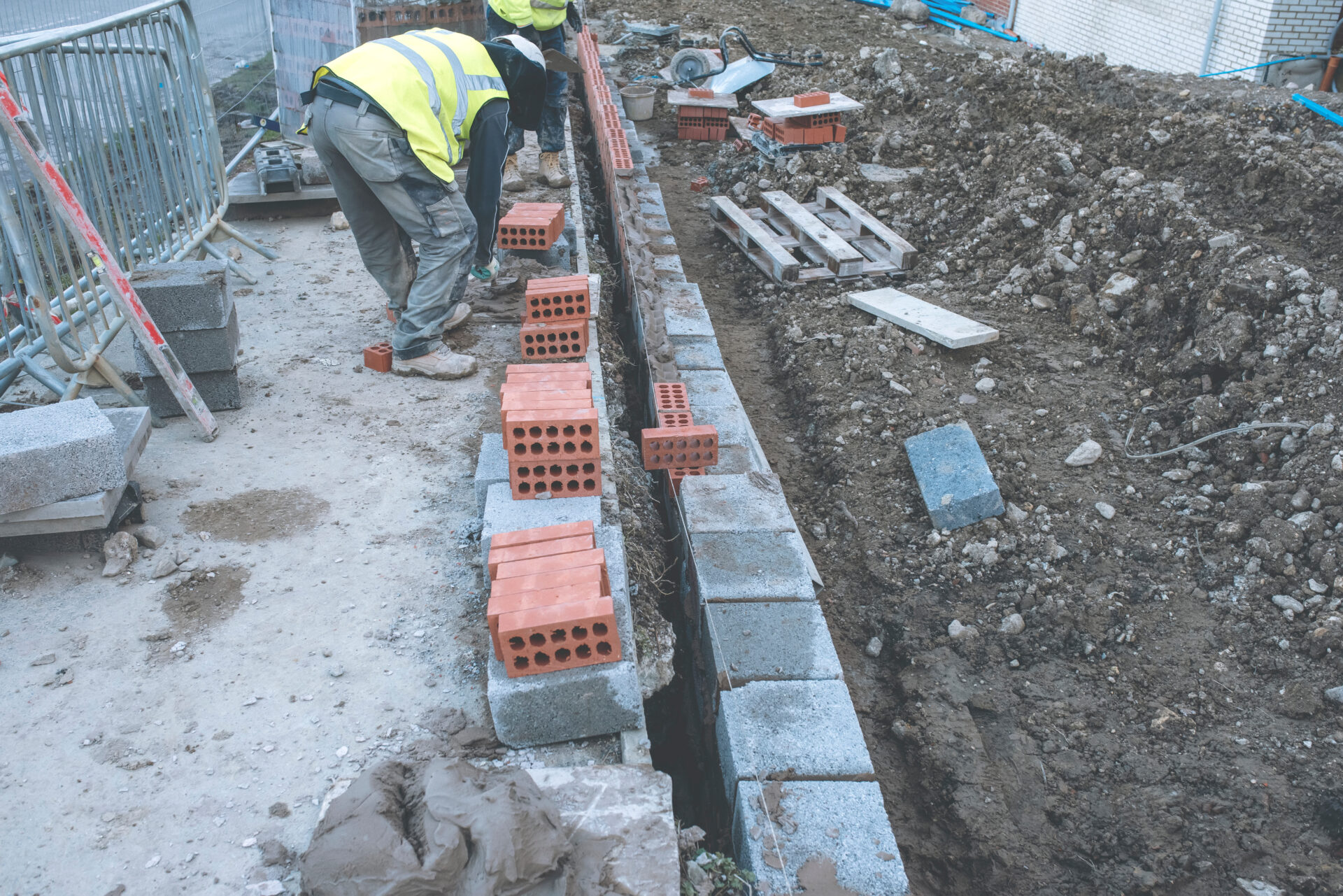Automation and artificial intelligence (AI) are rapidly reshaping hiring, with 2026 potentially marking the decline of the traditional CV, according to Karina Oluwo, head of talent acquisition at La Fosse.
Long seen as the cornerstone of job applications, the CV is losing relevance as employers turn to tools that assess skills, behaviours and potential rather than job titles and qualifications.
Oluwo said: “Automation is helping us see people for their real potential, not their past.
“CVs can hide talent as much as reveal it. They tell you where someone’s been, not where they can go.”
Oluwo said technology is exposing what the CV misses, giving recruiters new ways to evaluate problem-solving, communication and mindset.
She argued this shift is levelling the playing field for early-career candidates.
She added: “Everyone starts from the same line. We’ve seen how automation uncovers exceptional talent that might otherwise be overlooked.”
Automation also removes identifying details that can trigger unconscious bias, helping hiring teams create fairer and more diverse shortlists.
For candidates, the experience is becoming more accessible as skills-based assessments replace the pressure of producing a polished CV.
Oluwo added: “Assessing based on skills is faster, fairer, and gives hiring teams immediate, consistent insight into capability and fit.”
La Fosse has already phased out CVs for its academy and entry-level roles, using automated behavioural and technical assessments instead.
Oluwo noted the shift has broadened access and improved long-term success rates.
She concluded: “As technology evolves, recruitment has to evolve with it.
“The future belongs to organisations that hire for potential, not paperwork.”

















